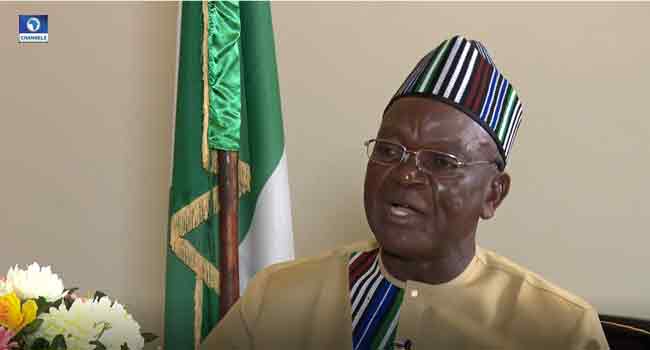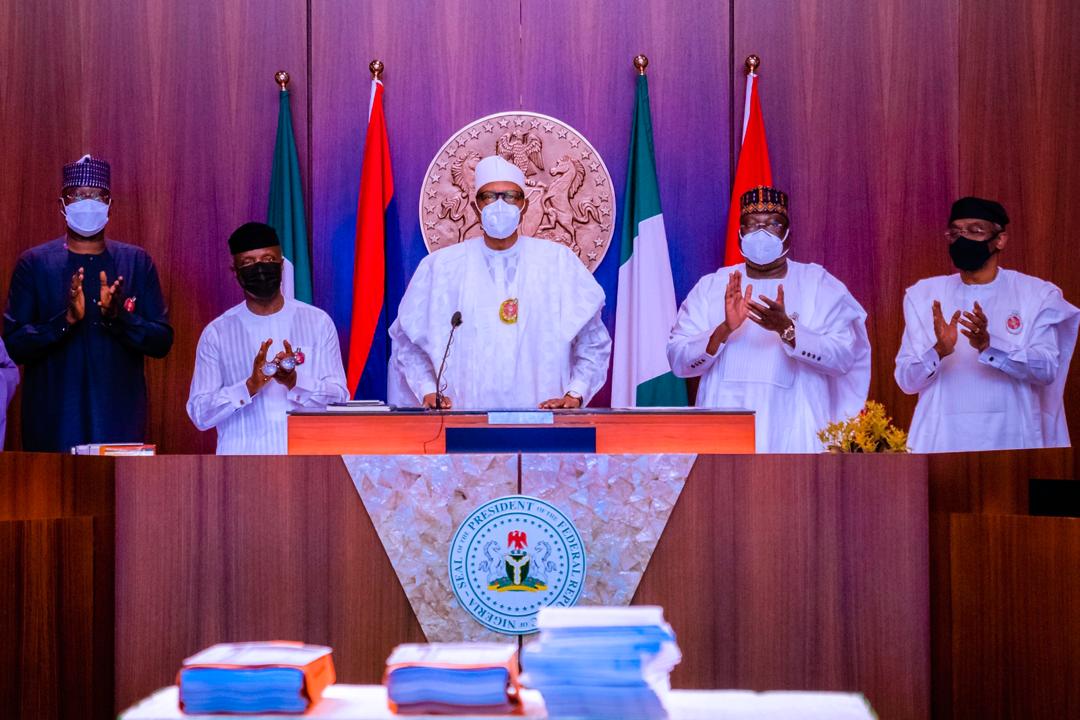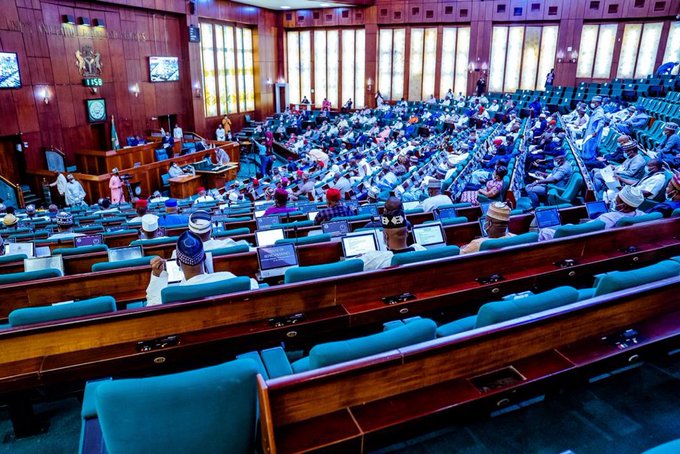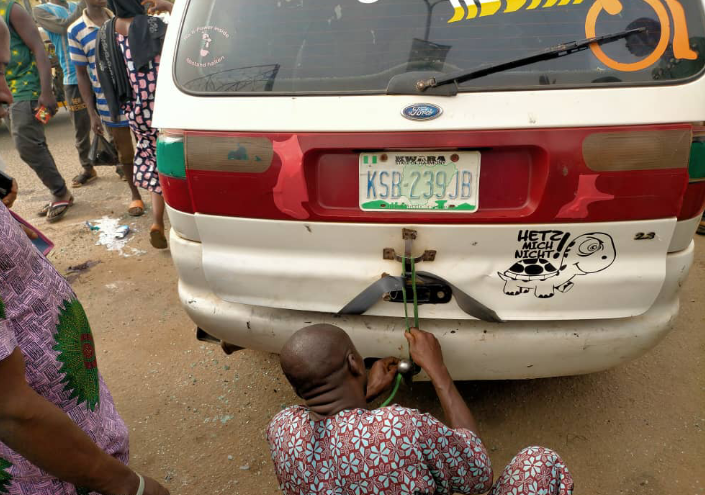Over the last two decades of Nigeria’s democracy, the Nigerian civil service functioned as a huge monolith organization, and a majority of citizens were not sure exactly what these endless chains of government buildings existed to do.
Agencies and department activities were shrouded in secrecy and mystery. Recruitments were done with very little or no publicity. Selection and employment processes were based on political connections. Less than a decade ago, working for the Nigerian government was like joining a secret cult.
Information about government activities was scarce. This also meant that those who complained about how the system functioned, were usually those on the outside of it – those who were trying hard to get in.
Ironically, at the same time, to be a staff of the Nigerian government also meant joining the privileged ranks of those who get secure salaries for their entire career, and if they stay alive, a pension package at the end. Former CBN Governor Sanusi Lamido summed the situation up during a talk when he stated that: “for every one Naira spent by Nigeria, seventy-kobo is consumed by civil servants.”
Advertisement
In the wake of the global push for more efficiency, transparency and accountability in governance, many young democracies all over the world have been pushing to adopt global ethical practices around governance. Nigeria too is responding, by slowly adopting a new culture of government openness.
Nigeria is slowly responding
Across African countries, new requirements for speed, responsiveness and openness are complemented with demands for equality, transparency and accountability. Even though Nigeria signed the FOI into law over a decade ago, access to government data and information about government services has remained limited. The challenge is multi-pronged. A long-standing paper-driven governance culture, low levels of reform adoptions and changing political interests have continued to slow down efforts by actors seeking reforms.
Advertisement
Some states are responding. In a bid to democratize access to information, boost citizens participation in government and ensure that community funds are properly managed – the Kaduna State Government implemented its Eyes and Ears Project. This project includes a Citizen’s Center which functions as a locally designed solution where community members track progress on major projects — such as the construction of schools, hospitals, and roads.
Through the efforts of global development organizations like the Omidyar Network and the MacArthur Foundation, other local Nigerian organizations have stepped up to brace the challenge and take the lead to address these gaps in governance. The Private and Public Development Company (PPDC), a non-governmental organization focused on increasing citizens’ participation in governance processes, has been working around improving procurement governance.
Two of its services have been profoundly impactful. The organization set up the FOI Ranking through which it reviews, analyzes and ranks the performance of governments ministries, departments and agencies along the lines of their information disclosure levels. Through this service, the PPDC tracks MDA’s that are adhering to the FOI laws, how proactive they are in publishing their reports publicly, how responsive their staff are, and how many people have access to the information that they need.
The PPDC also set up the Budeshi Platform. An online platform that serves as one of the most effective documentation of digitalized and publicly accessible contracting information in Nigeria. Budeshi served as an inspiration to Nigeria’s procurement regulatory agency the Bureau of Public Procurement, to set up a government-led open data platform publicly known as Nigerian Open Contracting Portal. This platform is live and currently undergoing further iterations to improve its effectiveness
Advertisement
These loosely connected activities of social change agents are helping to reduce the crippling effects of exclusion and inequality. Through their programs, under-represented and disadvantaged groups are slowly learning to navigate their way around the lack of access to public services, government institutions, and elected representatives.
The results are cyclical. Better access to government by citizens also improves governance. Elected officials get better at serving the needs of citizens when those citizens are capable of demanding better services.
Low-tech versus high values
Digital tools adoption in governance is on the rise. But unlike many countries of the developed world where these adoptions are growing out of increasing demands in government efficiency, across Africa, going digital is also about government efficiency, but foremost a way to try and fix outdated modes of democracy.
Advertisement
There is a growing cluster of clever people developing tools and apps to help marginalized groups have a voice—but unless the people they want to help have the skills to get online and to use these apps, they will remain in the hands of only those who are digitally confident.
As a government department, it is not enough to have the desire to digitize government data, when you are not able to afford or use the tools required. It is within this complex matrix of socio-political barriers, limited internet broadband and power shortages that the PPDC is leaving its footprint. By working with government actors in four key states Anambra, Ekiti, Kaduna and Akwa Ibom the PPDC is helping MDA’s adopt, build, improve and maintain replicas of its Budeshi model.
Advertisement
The organization has kept this possible through a series of collaborative community engagement activities, data research and ground-truthing, and supporting as well as activating grassroots advocacy.
The net effects of its actions have far-reaching implications. As the world becomes increasingly digitised, activities like these help to bridge the chasm between the digital ‘haves’ and ‘have nots’. Setting up digital platforms is easy, but understanding and unlocking the culture that drives secrecy within government institutions and finding ways around them is the bulk of the culture shift that local development organisations like PPDC are activating.
Advertisement
The journey is far from over. Digital exclusion remains a barrier. Being capable of affecting the things that happen in your local community is a privilege many citizens across Nigeria still do not fully enjoy. But with continued efforts by local actors and the sustained support of international donors, these efforts can translate into real long term changes.
Sherriff Tahiru is a Nigerian researcher & writer based in Brussels, Belgium. He writes about economic development, politics, human rights and social change.
Advertisement
Views expressed by contributors are strictly personal and not of TheCable.






